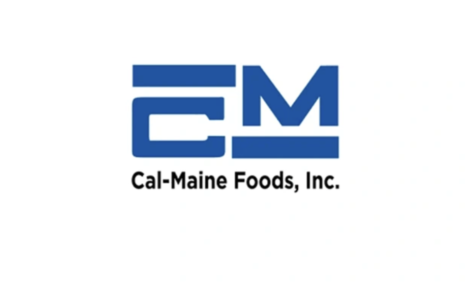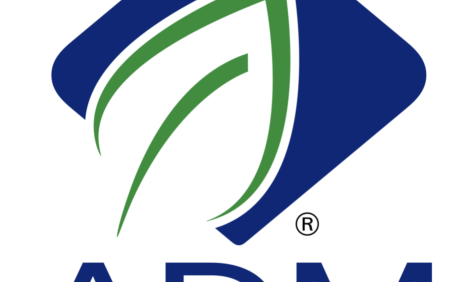



AVEC warns against EU-Mercosur trade agreement
Exporting value, importing dependencyThe European Commission has now officially signed the long-debated Mercosur Free Trade Agreement, sparking serious concerns across the agricultural sector. While heralded as a landmark for trade, this deal comes with significant risks for European agriculture, food security and sustainability, warned AVEC, the lobbyist group that supports Europe's poultry meat sector.
Exporting value, importing dependency
The new agreement prioritises the export of processed agri-food products while importing raw materials, thus exposing the EU to great dependency on Mercosur countries for essential agricultural goods (such as sugar, beef, rice, poultry) and potentially sacrificing the established European high standards our producers have fought for and our citizens expect.
“The EU-Mercosur agreement isn’t just a trade deal, it’s a trade-off,” said Birthe Steenberg, secretary general of AVEC. ”By favouring short-term export gains, the EU puts our strategic autonomy in agriculture on the line, undermines EU farmers and, ultimately, jeopardises its long-term sovereignty.”
A blow to EU poultry meat production
The proposed additional quota of 180,000 tons from Mercosur equates to production levels of countries like Finland, Sweden, and Denmark combined. In total, cumulating existing imports and Mercosur quota, we would import 1.1 million tons of poultry meat into the EU, representing 9% of the EU’s poultry meat consumption. This is a sizeable volume, and it comes at a time when trade deals are under renegotiation with Ukraine and Thailand, which are also significant poultry exporters.
Poultry imports under the Mercosur agreement disproportionately target some of the most valuable and in-demand cuts for European consumers, such as chicken breasts. Since EU producers rely on breast meat sales to justify raising chickens, each two filets imported from abroad represent one chicken not raised in the EU.
Already 25% of breast meat consumed in the EU comes from non-EU countries (such as Brazil, Thailand, Ukraine, and China).
Sacrificing standards and sustainability
EU producers adhere to some of the world’s highest standards for animal welfare, environmental protection, and food safety, and invest heavily in sustainable practices. While the EU continues to implement stricter regulations to enhance sustainability and animal welfare – thus making local production increasingly expensive – European farmers face growing competition from imports produced under far lower requirements.
Recent audits by DG SANTE have revealed systemic issues in Brazil’s compliance with EU standards, including food safety breaches and poor animal health practices. The Mercosur deal highlights a glaring disparity.
“If adhering to the EU’s exemplary standards ultimately leads to our producers being outcompeted by less sustainable imports, what is the point of setting such benchmarks without ensuring reciprocity and fair trade conditions?” Steenberg said.
According to AVEC, the Mercosur agreement will have devastating consequences for European food security, sustainability, farmers and consumers alike. AVEC urges EU policymakers in Council and the European Parliament to oppose this deal. More importantly, AVEC advises policymakers to avoid by any means letting the Commission split the agreement, and therefore allowing fast track approval, stating that it would prevent a fair democratic process to occur for the adoption of the agreement, especially when countries like Poland and France have officially expressed their opposition to the agreement.
The EU must lead by example, uphold its values – both at home and abroad – and prioritise its farmers, its consumers, and its future, AVEC said in its statement.
“The EU-Mercosur trade deal, as it stands, is not the lifeline we need," Steenberg concluded. "It’s a risky gamble we can’t afford."










